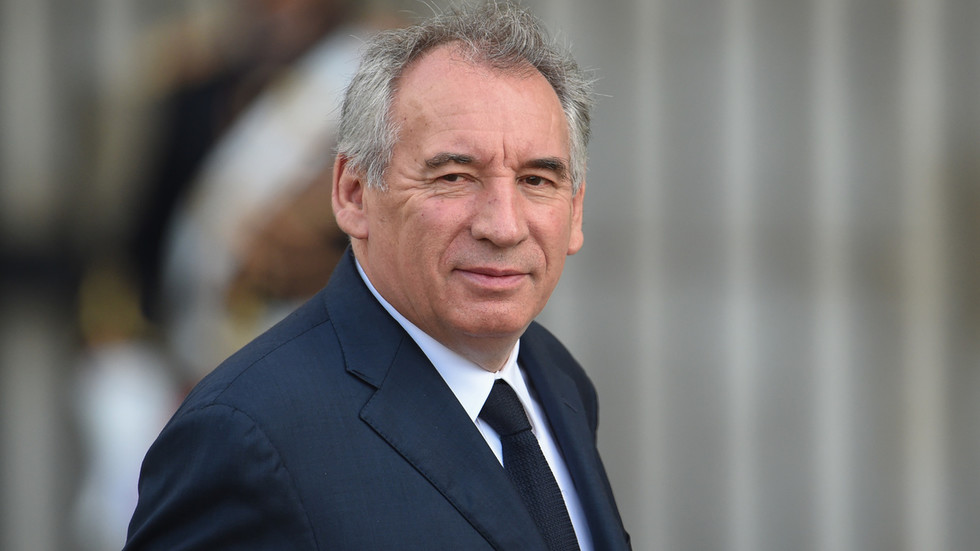Francois Bayrou has been appointed as France’s new prime minister by President Emmanuel Macron amidst a turbulent political landscape marked by resignations and a hung parliament. Bayrou’s appointment follows the resignation of his predecessor, Michel Barnier, who was ousted just over three months into his tenure after failing to secure parliamentary approval for a budget plan aimed at reducing France’s significant budget deficit. This move arrives at a critical time when France faces its budget deficit, projected at 6.1% of GDP, far exceeding the European Union’s allowable limit. Bayrou, a seasoned centrist politician with a history as a presidential candidate, is now charged with the responsibility of navigating the political and economic challenges that lie ahead for the nation.
The political instability in France escalated with the resignation of Barnier, who had attempted to implement austerity measures through his budget plan. Barnier’s ouster came as a result of a no-confidence motion in parliament, highlighting the challenges faced by the Macron administration in a fragmented legislative environment. Educated at the complexities of French politics, Bayrou inherits a precarious situation in which both his predecessors faced significant opposition in the National Assembly. This has culminated from a government reshuffle after the June parliamentary elections, which resulted in a hung parliament composed of three competing political factions, including Macron’s Renaissance party, the right-wing National Rally, and the left-wing New Popular Front coalition.
Macron’s decision to call a snap election came on the heels of a disheartening defeat in the European parliamentary elections, where his party was significantly outperformed by the National Rally. The snap election aimed to regain control and consolidate power but instead led to a parliament divided among disparate political blocs. Bayrou’s selection as prime minister reflects an attempt by Macron to stabilize his administration during a turbulent tenure; however, his close relationship with the president may amplify the inherent challenges in securing legislative support. Observers speculate that the very characteristics that strengthen Bayrou’s position could simultaneously become his Achilles’ heel in a hostile parliamentary setting.
Bayrou’s political career is marked by multiple presidential campaigns and key government roles, including a previous stint as education minister. His extensive experience positions him uniquely to manage the complexities associated with leading a government that must break through intense partisan divides. His other noteworthy role was as justice minister under Macron back in 2017, although he resigned amid a scandal concerning his party’s employment practices for parliamentary assistants, which ultimately did not lead to any convictions. Bayrou’s return to a position of power indicates a renewed trust from Macron, who relies on experienced politicians to help navigate the difficult political waters.
Critics of Macron’s government have voiced dissatisfaction, calling for his resignation, yet Macron remains steadfast in his intent to serve until the end of his term in 2027. Bayrou’s new role places him at the forefront of efforts to reinforce Macron’s governance and counteract dissent among opposition parties. The necessity of finding common ground in a hung parliament presents a formidable challenge to Bayrou, whose political alignment with Macron may complicate coalition-building. The success of Bayrou’s administration will largely depend on his capacity to forge alliances with other parties and gain crucial support for legislative initiatives.
With economic pressures mounting and public sentiment towards Macron’s administration running low, Bayrou’s immediate task will revolve around enacting budgetary measures while regaining public trust. As France grapples with an array of pressing issues, including rising living costs and fiscal sustainability, the political dynamics introduced by Bayrou’s appointment will be closely watched. His ability to unite the government and present a cohesive plan to address these critical challenges will be essential for his success and that of the Macron presidency overall. In summary, Bayrou’s journey as prime minister unfolds amid a tapestry of political contention, requiring adept navigation of France’s challenging parliamentary landscape.

